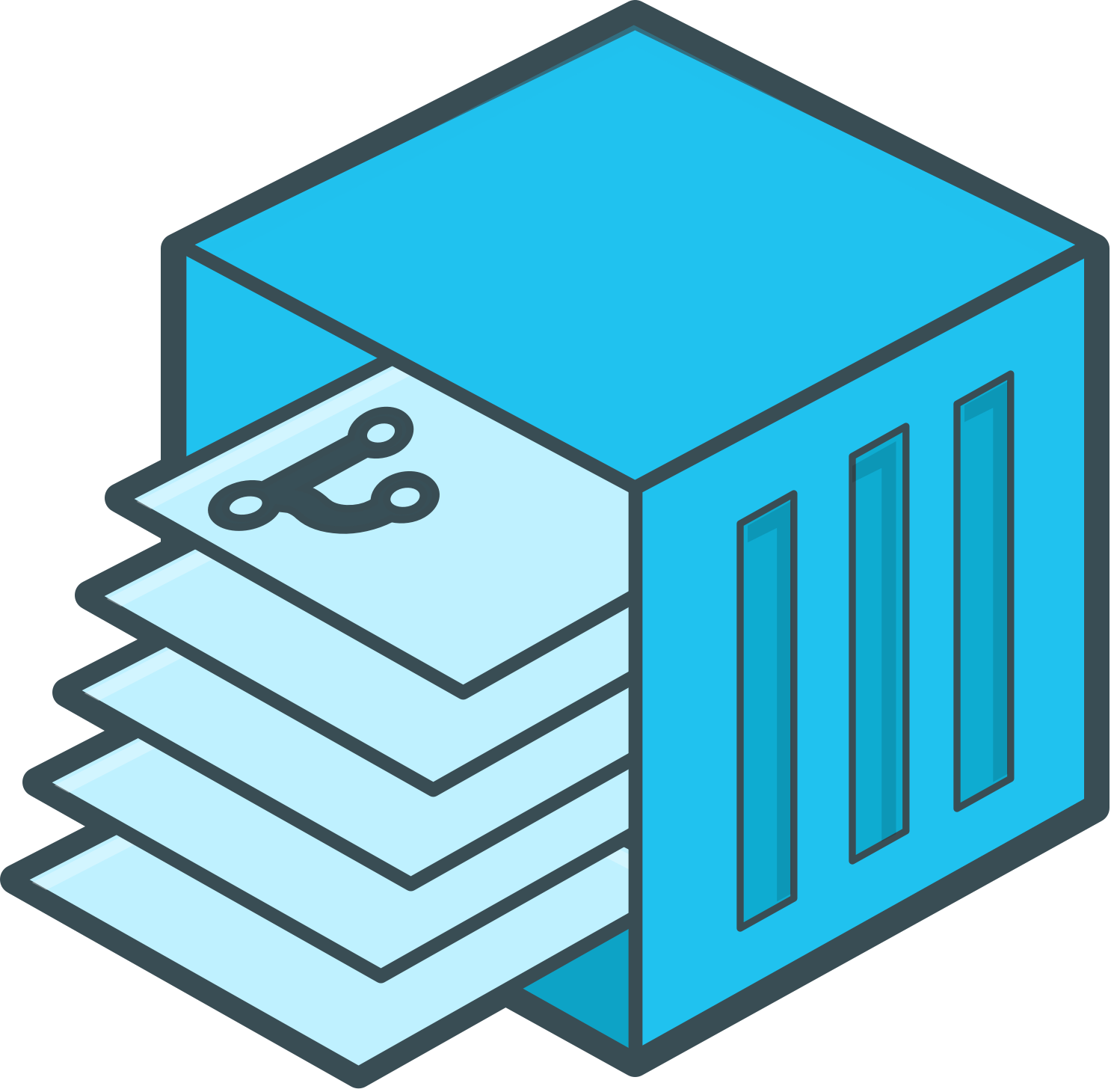[pre-commit.ci] pre-commit autoupdate |
||
|---|---|---|
| .github | ||
| docker | ||
| docs | ||
| repo2docker | ||
| tests | ||
| .codecov.yml | ||
| .coveragerc | ||
| .dockerignore | ||
| .gitattributes | ||
| .gitignore | ||
| .pre-commit-config.yaml | ||
| .readthedocs.yaml | ||
| CHANGES.rst | ||
| CONTRIBUTING.md | ||
| Dockerfile | ||
| LICENSE | ||
| Makefile | ||
| README.md | ||
| RELEASE.md | ||
| ROADMAP.md | ||
| dev-requirements.txt | ||
| docker-compose.test.yml | ||
| playwright-requirements.txt | ||
| pyproject.toml | ||
README.md
 repo2docker
repo2docker
repo2docker fetches a git repository and builds a container image based on
the configuration files found in the repository.
See the repo2docker documentation for more information on using repo2docker.
For support questions please search or post to https://discourse.jupyter.org/c/binder.
See the contributing guide for information on contributing to repo2docker.
Please note that this repository is participating in a study into sustainability of open source projects. Data will be gathered about this repository for approximately the next 12 months, starting from 2021-06-11.
Data collected will include number of contributors, number of PRs, time taken to close/merge these PRs, and issues closed.
For more information, please visit our informational page or download our participant information sheet.
Using repo2docker
Prerequisites
- Docker to build & run the repositories. The community edition is recommended.
- Python 3.9+.
Supported on Linux and macOS. See documentation note about Windows support.
Installation
This a quick guide to installing repo2docker, see our documentation for a full guide.
To install from PyPI:
pip install jupyter-repo2docker
To install from source:
git clone https://github.com/jupyterhub/repo2docker.git
cd repo2docker
pip install -e .
Usage
The core feature of repo2docker is to fetch a git repository (from GitHub or locally), build a container image based on the specifications found in the repository & optionally launch the container that you can use to explore the repository.
Note that Docker needs to be running on your machine for this to work.
Example:
jupyter-repo2docker https://github.com/norvig/pytudes
After building (it might take a while!), it should output in your terminal something like:
Copy/paste this URL into your browser when you connect for the first time,
to login with a token:
http://0.0.0.0:36511/?token=f94f8fabb92e22f5bfab116c382b4707fc2cade56ad1ace0
If you copy paste that URL into your browser you will see a Jupyter Notebook with the contents of the repository you had just built!
For more information on how to use repo2docker, see the
user guide.
Repository specifications
Repo2Docker looks for configuration files in the source repository to
determine how the Docker image should be built. For a list of the configuration
files that repo2docker can use, see the
complete list of configuration files.
The philosophy of repo2docker is inspired by Heroku Build Packs.
Docker Image
Repo2Docker can be run inside a Docker container if access to the Docker Daemon is provided, for example see BinderHub. Docker images are published to quay.io. The old Docker Hub image is no longer supported.

